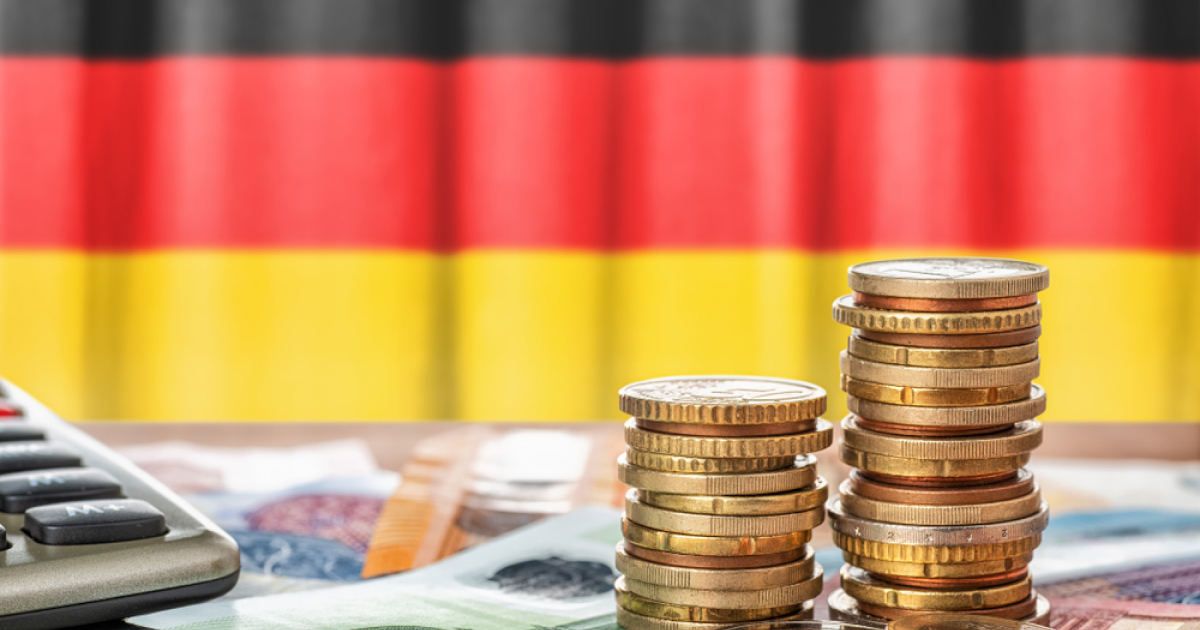The decline is due to deteriorating competitiveness in many sectors
German exporters have lost significant ground in global markets since 2021. This is stated in the latest monthly report from the German central bank.
According to Bundesbank economists, more than three-quarters of the losses in export market share between 2021 and 2023 were due to the deterioration in the competitiveness of German exporters, which declined in many sectors. According to the authors of the report, this points to fundamental structural problems in the national economy that are weighing on many companies. These include demographic changes, a shortage of skilled workers, rising labor costs, and increased bureaucratic procedures.
The largest contributors to the decline in the competitiveness of German exports were mechanical engineering, the electrical engineering industry, and energy-intensive sectors such as chemicals.
The COVID-19 pandemic and Russia’s full-scale invasion of Ukraine disrupted supply chains and caused energy prices to rise, putting additional pressure on exports in Germany’s energy-intensive sectors.
Bundesbank economists note that Germany is currently lagging behind other developed economies. In addition, China is increasingly becoming a competitor for German companies.
“Since 2019, in dealings with its most important trading partners, the German export industry has tended to lose more market share in the very areas where China has gained ground,” the review says.
The authors of the report add that such trends were not observed in previous years.
Another factor in the loss of market share was weak global demand for products that dominate Germany’s export structure, especially automotive and aerospace technologies.
The Bundesbank emphasizes the need for urgent action. This includes creating a reliable system to promote employment and investment, in particular reducing barriers for skilled migrants, cutting red tape, and expanding tax breaks for private investment.
In June this year, the German government approved a €46 billion tax relief package for companies, designed to stimulate the economy in 2025-2029. It contains preferential depreciation rules, provides for a gradual reduction in the corporate tax rate in each tax year from 2028 to 2032 inclusive, and increases the current research assistance for companies.
